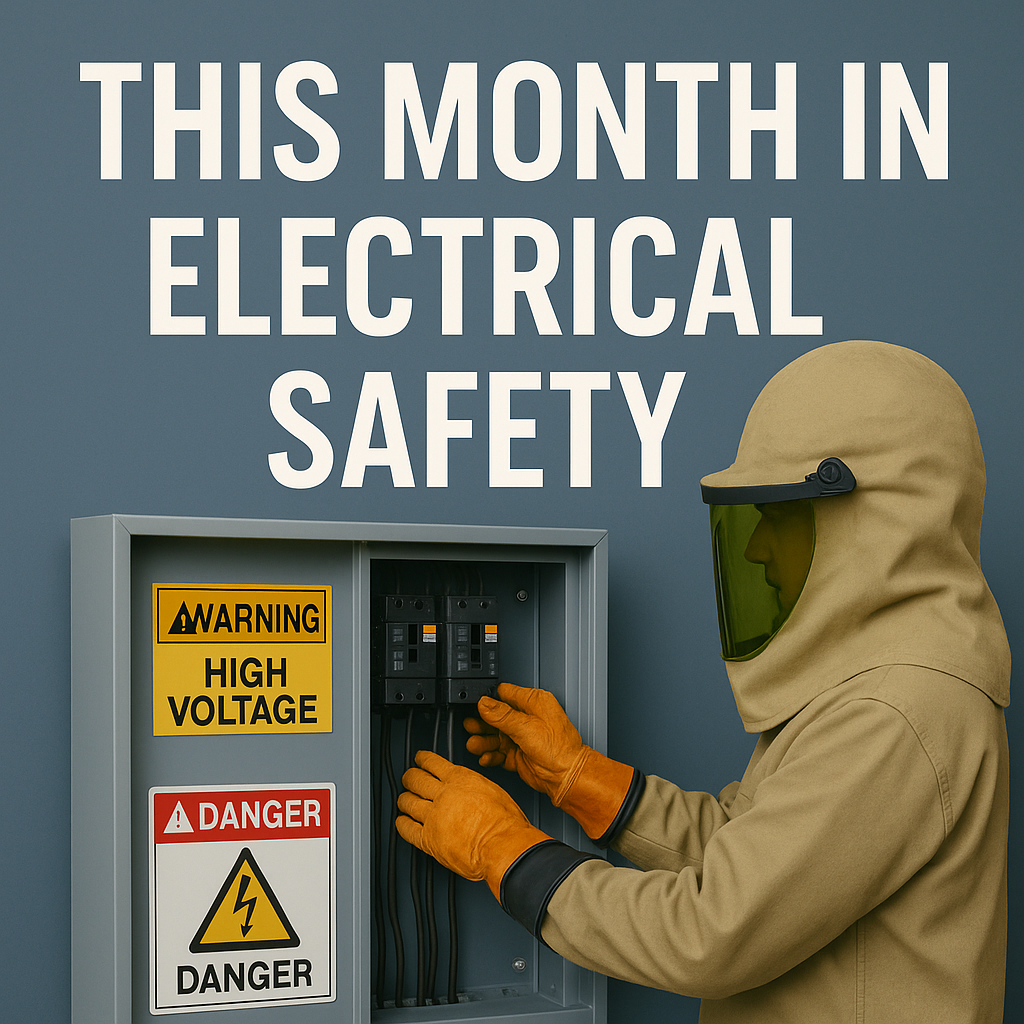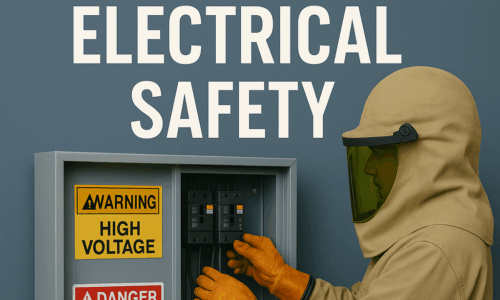This Month in Electrical Safety
Welcome to our first edition of This Month in Electrical Safety, where we round up the latest news, regulatory updates, and trends shaping the electrical safety landscape.
As April closed and May 2025 began, a few noteworthy developments caught our attention, especially if you’re involved in panel building, field labeling, or regulatory compliance for industrial equipment.
UL 508A Revision Discussions Gain Traction
Let’s start with something that’s been sparking interest in the control panel world: proposed updates to UL 508A, the standard for industrial control panels. UL recently announced its intent to revise requirements related to short-circuit current ratings (SCCR), component compatibility, and grounding of custom assemblies.
These changes are intended to address longstanding confusion about overcurrent protection when combining UL-recognized components. If you’ve ever had to defend your SCCR documentation to an AHJ, you know how murky things can get. The proposal is still in the discussion stage, but panel shops and integrators should keep a close eye on it.
Updated UL 508A guidance means updated panel layouts, updated bill of materials, and potentially even updated inspection criteria.
As always, if you’re unsure whether your custom panel build will pass muster in its destination city or state, consider a field evaluation. It’s one of the most effective ways to ensure electrical safety compliance when navigating evolving standards.
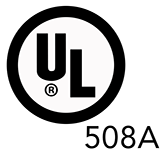
NFPA Previews 2026 NEC Changes
Next up: the National Fire Protection Association (NFPA) has released a preliminary preview of proposed changes to the 2026 National Electrical Code (NEC). While the final language is still being hashed out, early indicators show a renewed emphasis on arc energy reduction for service equipment 1,200 amps and higher; a familiar theme, but one that keeps evolving.
Another potential change? Clearer guidance on the use of flexible cords in industrial environments. This is particularly relevant to machine builders and OEMs whose equipment is shipped to the U.S. from overseas. Improper flexible cord use has become a common rejection point in field evaluations, so having this clarified in the NEC could help streamline approvals.
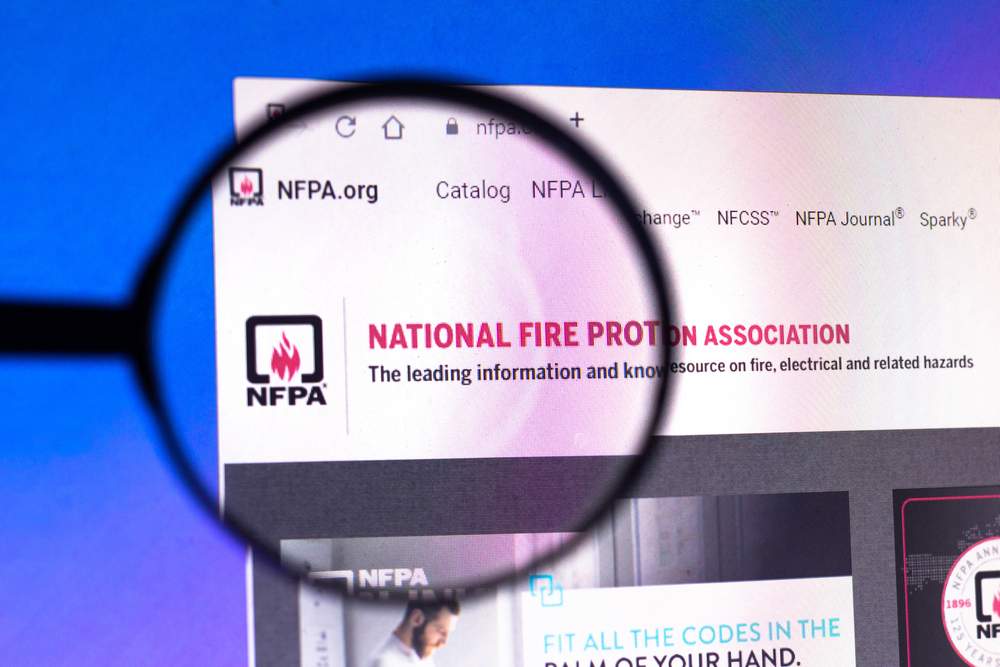
CE Mark Crackdowns at U.S. Ports
On the international front, we’ve been hearing more about Customs and Border Protection (CBP) flagging equipment imports with CE Marks that don’t meet minimum safety expectations for the U.S. market. The CE Mark, while valid in the EU, is not a substitute for compliance with U.S. electrical safety standards such as NFPA 79/791 or UL-based criteria.
This has led to delays at ports, detentions of entire shipments, and increased scrutiny of import documentation.
If your business involves overseas procurement, the lesson here is simple: verify early, evaluate locally. A field evaluation by an accredited body like Lewis Bass is often the fastest path to releasing equipment from detention and achieving full local approval. It’s also a great way to reinforce your electrical safety program and show AHJs that you’re serious about code compliance.
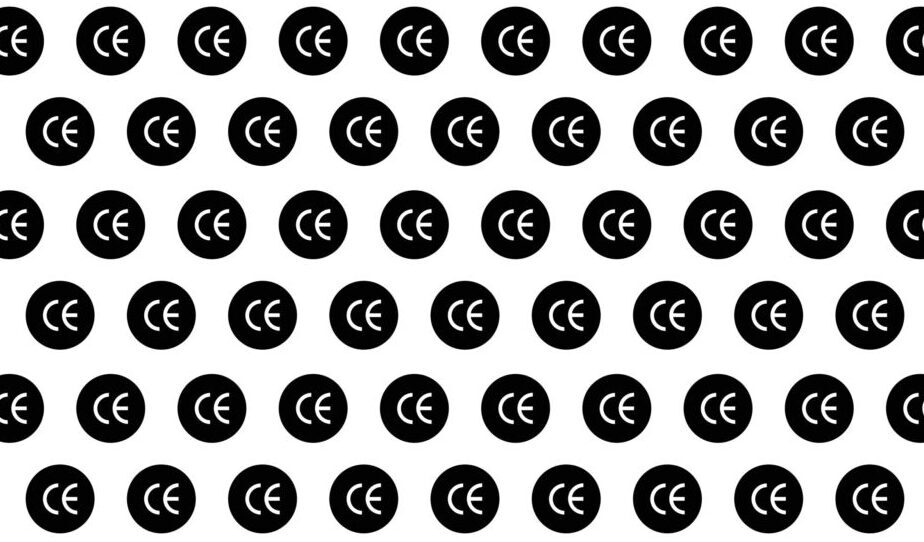
Spotlight on Battery Storage Safety
One more hot topic this month: energy storage systems (ESS), especially lithium-ion battery banks. With more facilities integrating energy-saving tech or installing backup power systems, we’re seeing a surge in ESS installations. However, the NFPA 855 standard (which governs the installation of stationary ESS) is being increasingly referenced by jurisdictions that previously overlooked it.
We’ve had multiple clients flagged by local inspectors for ESS installs that didn’t meet spacing, ventilation, or thermal management guidelines. If you’re in manufacturing or data center operations and using battery storage, now’s the time to audit your installation; not just for efficiency, but for electrical safety compliance.
Wrapping Up
As you can see, electrical safety is anything but static. Whether it’s panel shops adapting to UL 508A updates, importers navigating CE confusion, or facilities deploying new energy tech, the challenges are real, but manageable with the right guidance.
At Lewis Bass International Engineering Services, we’re more than just field evaluators…we’re partners in your facility’s electrical safety. Our team stays up-to-date on NFPA 791, UL standards, SEMI S2, CE marking, and all the other acronyms that give safety managers a headache. Whether you need a field evaluation for a one-off machine or guidance for a whole facility upgrade, we’re here to help.
Let’s face it: in today’s environment, electrical safety is no longer optional. It’s integral to everything from insurance coverage to keeping production lines running. Stay alert, stay informed, and if you ever need a second opinion we’re just a phone call away.
Until next month, stay safe out there!
